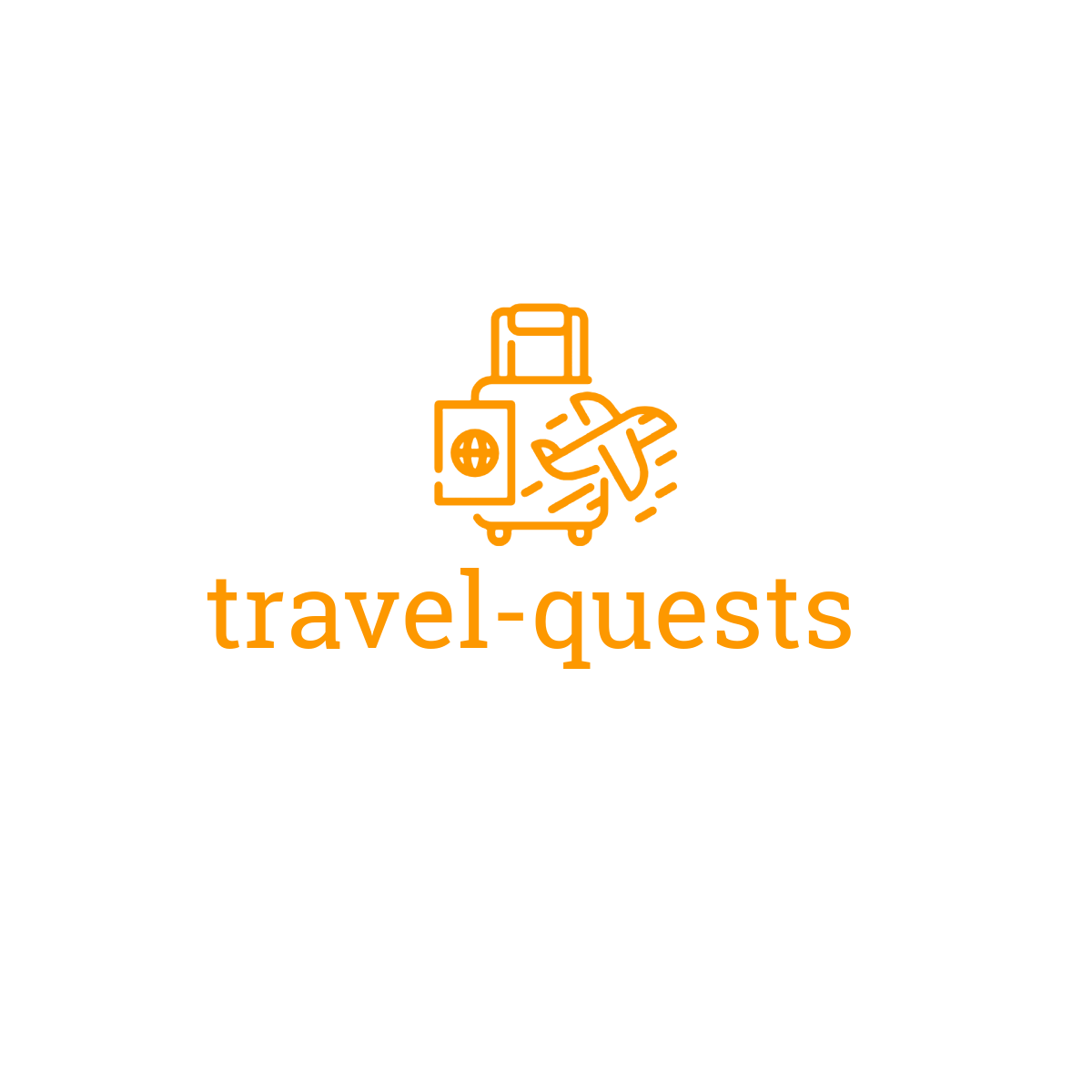The luxury market is on the rise and so are the number of advisors in this sector. These two trends have been linked to a global tourism boom, which has seen travel industry revenues increase by almost 10% in 2018 alone.
The luxury market has seen a rise in the past few years, and travel advisors have been able to take advantage of this trend. This is due to the fact that luxury brands are more likely to invest in advertising campaigns that target them specifically.
According to speakers on a Luxury Travel Panel at Global Luxury Collection’s “Elevate” virtual conference, an increase in luxury travel is being matched by an increase in the usage of travel advisers. Internova Travel Group has a subsidiary called GLC. All of the presenters were from prominent trade and consumer travel publications.
The journalists saw the following trends: individuals are remaining in their homes longer than in the past; more people are traveling closer to home; a desire for less contact with strangers; and a desire to avoid any health and safety concerns.
ADVERTISING
Many experts anticipated a drop in luxury travel early in the epidemic, but the reverse has occurred, according to Victoria Walker, senior travel writer for The Points Guy. “People will travel as soon as a destination opens,” she added. And, she said, many individuals who previously would not have flown in luxury are now doing so due to a need for comfort and safety.
“The demise of luxury travel was grossly overstated,” Town & Country magazine editor-in-chief Stellene Voldanes concurred. She described having a vacation as “the best present” after spending 18 months in quarantine. She said that it was critical for suppliers and advisers that visits go as well as possible. “You may feel uncomfortable” when a little pandemonium arrives, she added. “Nerves are a little on edge,” Voldanes added, despite people’s eagerness to go. It’s important for suppliers and advisers to remember that right now, tranquility is a luxury.”
According to Arnie Weissman, editor-in-chief of Travel Weekly, a sister magazine of, “the coverage of travel has altered.” Prior to the pandemic, he added, Travel Weekly concentrated on product news and other information that moved slowly. There is now greater coverage on societal psychology and how it has influenced travel. The magazine sought to preserve impartiality as a news institution, according to Weissman. On the other hand, since this is their job, it sought to encourage readers – mainly travel advisers and suppliers. “In some difficult moments,” he added, “we tried to keep hope alive.”
Natalie Compton, a Washington Post staff writer, said she’d never met so many physicians before, adding, “I have epidemiologists on fast dial.” “Not just a different style of writing, but a far different attitude,” she added, referring to the present scenario.
Speakers agreed that vaccine requirements had been “a game changer,” as Weissman put it. He claimed he’d been on two cruises on which everyone was vaccinated. While questioned about masking, previous government health authorities claimed they only needed to do so when stepping off the ship for beach excursions. “Vaccination has provided a tremendous feeling of comfort,” Weissman added, “it gives you a sense of a shield.”
“It helps people feel more comfortable if there are requirements in place,” Compton said. They do, she claims, influence where people travel.
Walker claims that it’s the distance traveled rather than vaccination requirements that has made a difference. Many individuals, she added, don’t want to sit on a plane for extended periods of time and are concerned about being too far away from home.
In response to the increasing trend for advisers, freelance writer Paul Feinstein said he can’t fathom paying a lot of money and yet not understanding all of the regulations and limitations in a location. “The advisor’s job needs to be wider than before,” he added.
According to Weissman, a future Travel Weekly article will focus on how many advisers are seeing new clients as a result of the good media attention. He claims that as a result, many advisers who previously refused to charge fees are now doing so since some “newbies” ask a lot of questions before booking online or elsewhere. Many people who are new to advising, he says, “need extra handholding.”
Town & Country recently published a piece about advisers, according to Voldanes, with an emphasis on the dread of being stuck with no one to contact for assistance. “You need someone to lead you through this new travel environment,” she said.
Feinstein said he relies on advisers to uncover vacation experiences he wouldn’t have discovered on his own, such as a James Bond trip in which he got to recreate sequences from Bond films.
Advisors, according to Weissman, are on the cutting edge of spotting trends. One adviser, he claimed, discussed “tripstacking,” which entails scheduling several trips for the same time period to determine which one is the most feasible as the departure date approaches. That term is currently used on a variety of venues.
A travel agency is consulted by the couple. (Photo courtesy of Getty Images) )
Voldanes, who travels to Greece every summer and knows the nation well, claimed she still employs an adviser when the journalists asked whether they use one. “Even in a nation I am familiar with, circumstances have occurred when I need their assistance.”
“I have a fantastic connection with a great adviser,” Weissman added. He went on to say that whether there is a pandemic or not, an adviser “adds value every step of the way.” On a high-end level, this may imply improvements or a personal connection with the hotel’s general manager. He expressed the hope that those who found advisers during the epidemic would stay with them thereafter.
When asked whether there had been any unexpected outcomes as a result of the epidemic, Weissman replied, “World cruises sell out quickly,” which was not something he anticipated.

